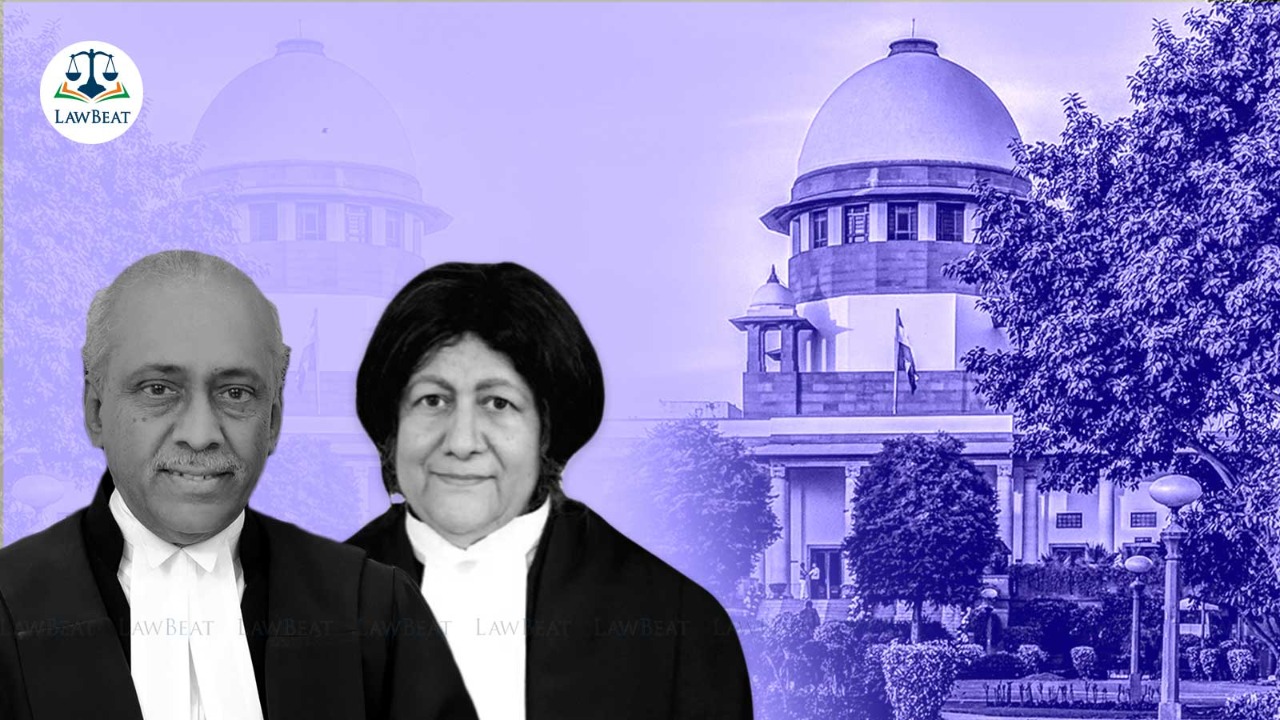Supreme Court dismisses plea to include minority educational institutions under RTE Act

The petitioner contended that the rights guaranteed to the minority educational institutions under Article 30(1) are subject to reasonable restrictions as state interference in regulatory matters concerting minority educational institutions is permissible as the right to administer does not include right to mal-administer.
The Supreme Court on Friday dismissed a Public Interest Litigation (PIL) plea which challenged the Constitutional Validity of Sections 1(4) and 1(5) of the Right Of Children To Free And Compulsory Education Act, 2009 (RTE Act) and sought direction to bring minority educational institutions under the ambit of the Act.
The Bench of Justice Indira Banerjee and Justice V. Ramasubramanian passed the order finding no grounds to entertain the petition.
Subsequent to the judgment in Society for Unaided Private Schools of Rajasthan vs. Union of India & Anr., (2012), the RTE Act was amended and new sub-sections (4) & (5) in Section 1 were added, providing that the Act will not be applicable on the Minority and Religious Educational Institutions.
The PIL plea stated that the two provisions, when tested on the touchstone of child rights, are ultra vires to Article 21A and 14 of the Constitution of India, thereby, violating the fundamental rights of lakhs of children belonging to Minority communities in India.
Claiming that these minority educational institutions are not working for the welfare of the students from the minority communities, the plea contended that "the goals of attaining free and compulsory education to all children in age group 6-14 is not possible if the minority institutions are completely kept outside the net of RTE Act."
The plea, filed by one Javed Malik, a buisnessman, through Advocate Gautam Jha read that the rights guaranteed to the minority educational institutions under Article 30(1) are subject to reasonable restrictions.
"The fundamental rights of the children under Article 21A would supersede the community rights under Article 29&30," the plea stated.
It asserted that state interference in regulatory matters concerting minority educational institutions is permissible as the right to administer does not include right to mal-administer.
The plea also contained parts of a report by the National Commission for Protection of Child Rights (NCPCR), the apex child rights body in India, which stated that 62.50% of students in Minority Educational institutions belong to non-Minority communities.
On the basis of the NCPCR report, the plea further alleged that after the passage of the 93rd Constitutional Amendment, which inserted Article 15(5) in the Constitution, there has been a surge in the number of schools securing Minority Status Certificate (MSC).
It also hinted that since Minority Educational Institutions are outside the net of the RTE Act, therefore many of them are deprived of good infrastructure, quality and adequate number of teachers, books, uniform and mid-day meal etc.
Stressing that the finding of the NCPCR report were extremely serious, the plea submitted that the measures that these children in minority educational institutions are deprived of, had they been covered under the RTE Act, they would have gotten them and would have been able to work only towards achieving educational excellence.
Therefore, while emphasizing that bringing the minority educational institutions under the ambit of the RTE Act would not interfere in their administration, the plea argued that the fundamental right of free and compulsory education guaranteed under Article 21A and recognized under the RTE Act must be available to all children in the country irrespective of their religion.
Case Title: Javed Malik v. UOI & Ors.
